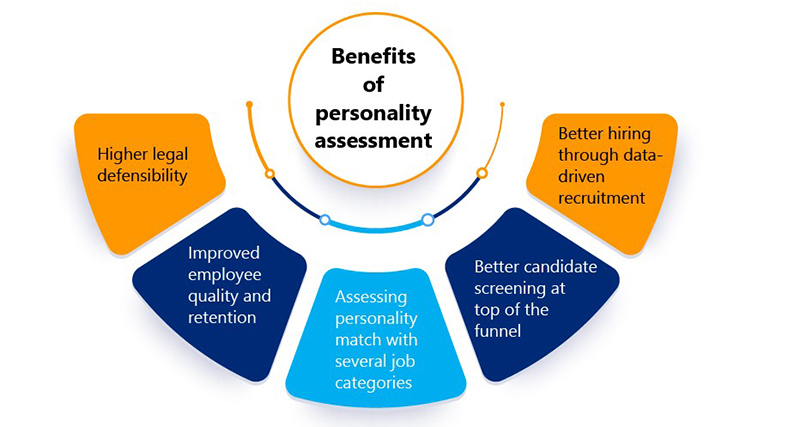Candidate screening is the process of identifying and evaluating potential employees for a job opening. It is an essential part of the recruitment process, ensuring that the company hires the best possible candidates.
The Different Methods of Screening Candidates
There are various methods to screen candidates, including:
- Application forms
- Curriculum vitae (CVs)
- Cover letters
- Phone interviews
- Face-to-face interviews
The specific methods used will depend on the job role and the company's recruitment process. It's crucial to evaluate all candidates fairly and consistently.

Image Source: manatal.com
How to Create a Screening Process
A screening process is a set of steps to identify the most qualified candidates for a job. Common steps include:
- Reviewing resumes
- Conducting phone interviews
- Conducting in-person interviews
- Checking references
When creating your screening process, it is vital to be as objective as possible, avoiding decisions based on personal bias or protected characteristics. Consistency in the process ensures fair and impartial hiring decisions.
Test your screening process with a trial run to identify and adjust any flaws. Once satisfied, use it to find the most qualified candidates for your open positions.
How to Screen Candidates for Specific Roles
When screening candidates for a specific role, focus on the essential skills and experience required for the job. Here are some tips:
- Identify the key skills and experience needed.
- Develop a screening process to assess these attributes.
- Interview candidates to learn more about their qualifications and fit for the role.
- Make a hiring decision based on gathered information.
Following these steps increases your chances of hiring the best candidate for the job.
How to Evaluate Candidates' Skills and Experience
Consider the following factors when evaluating candidates' skills and experience:
- The job requirements: Clearly define the necessary skills and experience in the job description.
- The candidate's qualifications: Ensure the candidate's skills and experience are relevant.
- The candidate's ability to learn: Assess their ability to acquire new skills and adapt.
- The candidate's personality and fit: Consider how well they will fit into the company culture.
Here are some specific tips for evaluating skills and experience:
- Ask detailed questions about their skills and experience.
- Request examples of how they've applied their skills.
- Administer a skills assessment test.
- Obtain references from previous employers.
- Conduct a background check.
By following these tips, you can ensure you're hiring the best candidates for your open positions.

Image Source: tmi.org
How to Assess Candidates' Personality and Fit
Assessing a candidate's personality and fit is crucial alongside evaluating their skills and experience. Methods include:
- Interviews: Ask questions about their personality and potential fit with company culture.
- Reference checks: Gain insights into their personality and work ethic.
- Personality tests: Evaluate their strengths, weaknesses, and interpersonal skills.
These assessments help you make a more informed hiring decision.
How to Make a Hiring Decision
After screening and interviewing candidates, follow these steps to make a hiring decision:
- Define criteria: Clearly outline the criteria for evaluating candidates.
- Gather information: Collect comprehensive information about each candidate.
- Weigh pros and cons: Consider their skills, experience, personality, and fit for the role.
- Make a decision: Communicate your decision to the candidate professionally and promptly.
How to Deal with Rejected Candidates
Rejecting a candidate should be done professionally and respectfully. Here are some tips:
- Be clear and direct about your decision.
- Provide honest reasons for rejection.
- Thank the candidate for their time and interest.
- Offer to stay in touch and notify them of future opportunities.
Conclusion
Candidate screening is a critical component of the recruitment process. By using a combination of methods and following a structured screening process, you can identify the best candidates for your company. Additionally, handling rejections professionally helps maintain a positive company reputation and supports candidates in their future job searches.
Tips for Employers: Recruitment Guide




